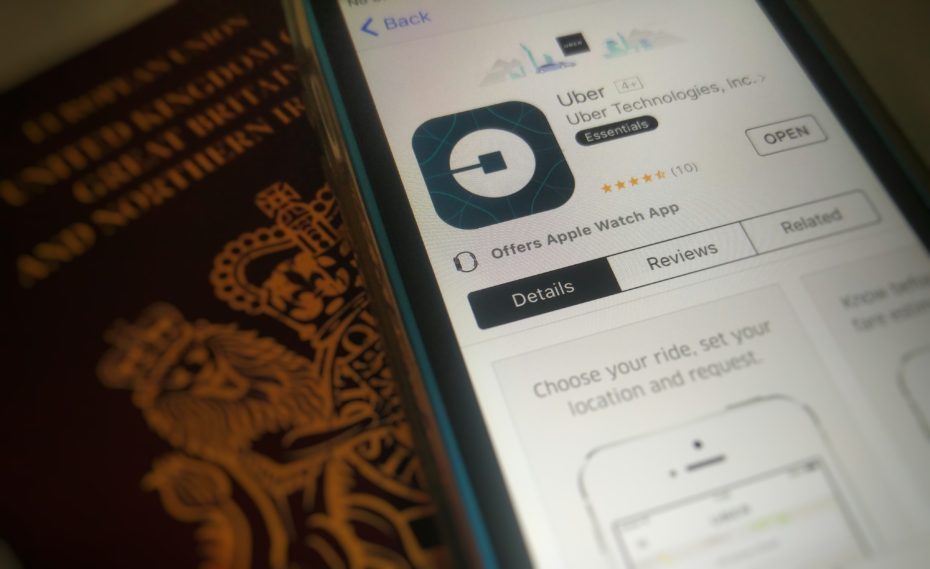-
Tips for becoming a good boxer - November 6, 2020
-
7 expert tips for making your hens night a memorable one - November 6, 2020
-
5 reasons to host your Christmas party on a cruise boat - November 6, 2020
-
What to do when you’re charged with a crime - November 6, 2020
-
Should you get one or multiple dogs? Here’s all you need to know - November 3, 2020
-
A Guide: How to Build Your Very Own Magic Mirror - February 14, 2019
-
Our Top Inspirational Baseball Stars - November 24, 2018
-
Five Tech Tools That Will Help You Turn Your Blog into a Business - November 24, 2018
-
How to Indulge on Vacation without Expanding Your Waist - November 9, 2018
-
5 Strategies for Businesses to Appeal to Today’s Increasingly Mobile-Crazed Customers - November 9, 2018
Uber to challenge British drivers’ language requirement
Uber has succeeded in the first stage of its legal challenge against new rules on English language tests for drivers in London after the high court today approved a judicial review.
Advertisement
City A.M. exclusively revealed in August that Uber was launching a legal challenge against the new rules imposed by Transport for London (TfL).
Uber will take Transport for London (TfL) to court over new rules which would force its drivers to pass strict English tests.
Without passing these tests, drivers would not be permitted to work in London.
The company claims making drivers from non-English speaking countries was unfair as the test was harder than the British citizenship questions.
In a statement Tom Elvidge, general manager at Uber London, said: “We’re pleased that the judge has decided this case deserves a hearing”.
The company said it had successfully applied for judicial review of regulations set out within TfL’s licensing proposals. In other markets, for example, Uber has partnered with language-learning platform Duolingo to help match English-speaking riders with English-speaking drivers – English being a lingua franca and the most commonly spoken second language globally.
There are other rules still other pending regulations that Uber wishes to challenge, including TfL’s requirement that Uber must open a local call centre in London, and that it should notify TfL of any “changes to the operating model” of its business.
Uber had called on the Mayor of London and TfL to rethink the rules which it believes have become to onerous in their detail, and eventually turned to the courts. Uber stressed that there is no similar requirement for black cabs, and that the only way to lodge a complaint for a black taxi is through an online form via the TfL website.
Advertisement
“We look forward to the remaining issues being resolved in due course”.





























